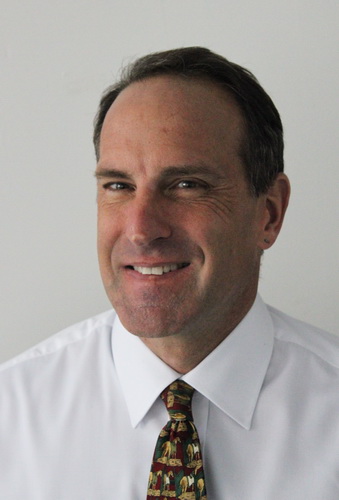As November 1 looms on the horizon, the first major application deadline (other than for the University of Virginia), the word or words take on new meanings. Confronted by explaining oneself, telling a “personal” story, a reflection that captures one’s essence challenges most teenagers. Let’s be honest, many students at the age of 17 or 18 have rarely if ever spent much time considering who they really are, what have they learned on that short, yet seemingly long journey.
Up to this point in a teenager’s life, most of their encounters have been around things that are must-dos, or want-to-dos, without much deep thinking as to why and what each has learned along the way. And taking some introspective time and putting words to those thoughts are exactly what the main essay(s) are looking for. An honest personal reflection on those times when something changed, an inspiration came, or a connection was made.
Considering the idea of a Personal Statement one must come to the conclusion of several important factors – Who am I anyway? How do I communicate that in the space provided (650 words in the US or 4000 characters for the UK)? Beyond that it is also important to think about tone, language and vocabulary; these too are part of one’s personality. How all those things come together should give the reader – not a school, but a person reading the essay – a better or clearer sense of who the person is behind all the other data and information: grades, test scores, and letters of recommendation. How that all comes together is about the words used.
One of the challenges of getting personal in the way expected is tied into the misconception that the essay needs to look a specific way or be a certain kind of essay. With the thousands of essays I’ve read, they come in all forms from truly creative and imaginative to the simple. But one thing remains clear in the success of those essays – the honest, personal reflection of self, using one’s own language to express feeling and examples to bring life to what is being said.
So many students worry that their essay won’t be good enough. They compare essays with each other, they read sample essays or try to be formulaic to write a Hollywood movie-type thriller. There are companies and people expounding on “How to write the essay” and one thing comes away from all that anxiety: essays that read like they are copy-pasted or formulaic.
The best essays come from the heart not the head. Overthinking kills pretty much everything and usually knots up creativity and personal voice. Trying to be someone other than oneself ends up shallow and dull. Each person is an individual with a unique personal perspective. Let it shine through.
Most students worry that their topic is boring or that it won’t be unique. Well, that is probably true. You’re 17 or 18. Not much has really happened, and in general most topics have been written about. But again, it is how you write that makes it unique. One of the most profound essays I’ve read was about a simple conversation over dinner.
Some traps to avoid: Over-explaining or too much detail that takes away from the topic – the student (give the reader some credit that they are intelligent). Using big words or language to impress (for example Hence, Therefore – who says that anyway unless it’s truly formal?), always leaves the reader unimpressed. Avoid the applause factor and focus on the learning – “I scored the final goal!”, “We earned 1,000 RMB” are truly unimportant other than feeling good. There is much more to the experience than the applause; that should be a side factor to overall learning and achieving process. Finally, show don’t tell. Examples give life, create an image, leaving much more for the reader to grasp and understand.
As one approaches the personal statement consider the following – will the reader learn about me or more about the topic? Do the words and content flow? What are the takeaways the reader will have when they are done? Will they see, in the short space some important factors that make you, you? Finally, get on it and have fun writing!

Hamilton Gregg is the founder of International Educational Consulting and has worked in education since 1985. He helps students and their families understand their personal and educational needs and find the right school to meet their requirements. If you are a student or parent who would like to ask Gregg a question on our blog, please email hsgregg45@gmail.com
Photos: courtesy of Hamilton Gregg, unsplash




